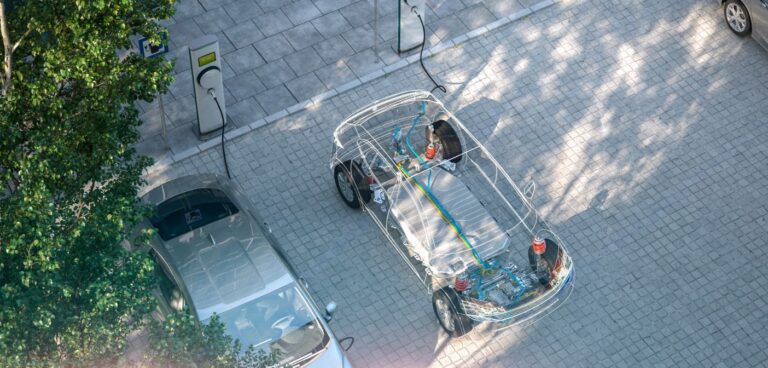Researchers at the University of Bristol have developed high-performance sodium and potassium ion batteries using sustainably sourced cellulose, which could have “far-reaching implications for e-vehicles”.
Scientists at the Bristol Composites Institute have developed a controllable unidirectional ice-templating strategy which can tailor the electrochemical performances of next-generation post-lithium-ion batteries, with sustainability and large-scale availability.
According to the team, alternatives to lithium – such as sodium and potassium batteries – have not historically performed as well in terms of performance rate and the ability to be used multiple times. This limited performance is due to the larger sizes of sodium and potassium ions, and their ability to move through the porous carbon electrodes in the batteries.
In collaboration with Imperial College, the team has developed some new carbon electrode materials based on an ice-templating system.
The findings, recently published in journal Advanced Functional Materials, show that these new sodium and potassium ion batteries can outperform many other comparable systems, while using a sustainably sourced material – cellulose.
Corresponding author, Steve Eichhorn, professor of Materials Science and Engineering at the University of Bristol, said: “We were astounded with the performance of these new batteries. There is great potential to develop these further and to produce larger scaled devices with the technology.”
The team think this work could be a route to large scale applications of sustainable EVs and energy storage grids in the near future.
“In light of these findings, we now hope to collaborate with industries to develop this strategy on an industrial scale and to explore whether this unique technology can be easily extended to a variety of other energy storage systems such as zinc-, calcium-, aluminium- and magnesium-ion batteries, thus demonstrating its universal potential in next-generation energy storage systems,” added Eichhorn.





